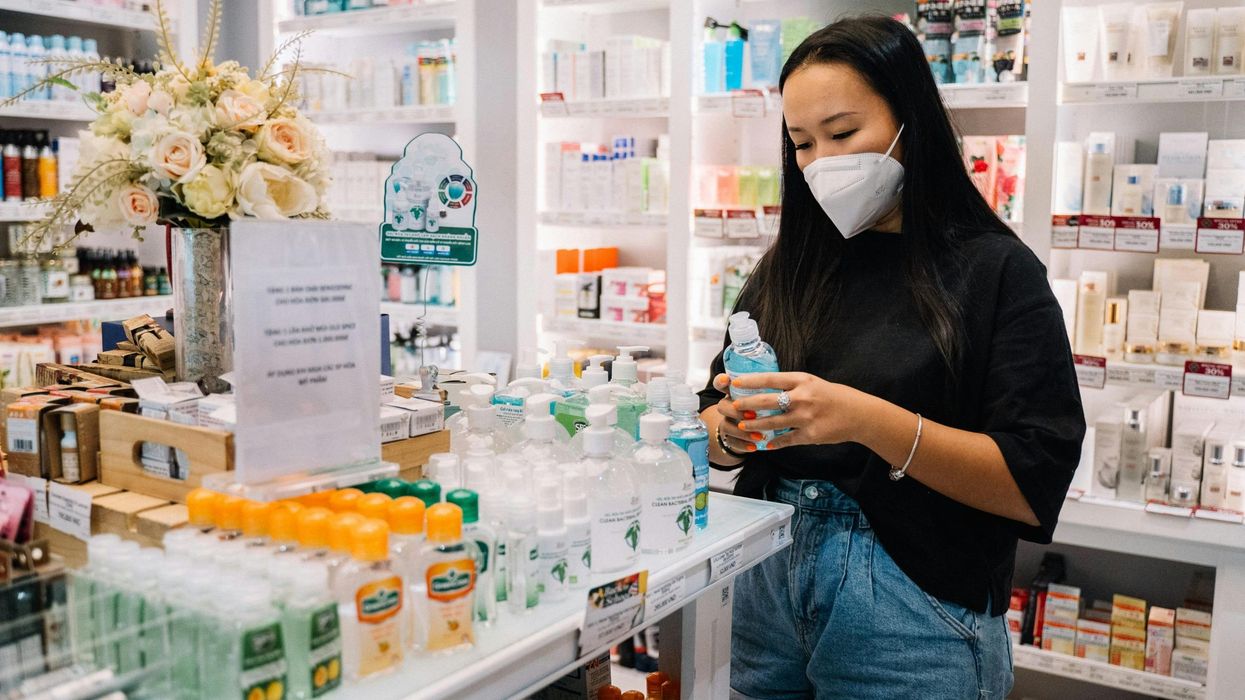Almost a third of all consultations were conducted outside of typical work hours and at weekends.
The Company Chemists’ Association (CCA) has released a report on the Pharmacy First service, which was introduced in January. The report revealed that CCA members alone provided nearly 50,000 consultations in the first month of the service, with each pharmacy treating an average of 3.5 patients per week.
Drawing on these achievements, the CCA is urging policymakers to commit to funding Pharmacy First beyond 2025, invest in high-quality and targeted campaigns to promote the service, and expand the scheme to benefit even more patients.
Data collected from nearly 3000 member pharmacies across England showed that almost one-third of patients were attended to outside regular working hours during the initial phase of the service.
Among the seven services offered under this scheme, the treatment of uncomplicated UTIs has already gained traction, constituting 27 per cent of consultations. This high uptake can be attributed to established local services in certain regions. Acute sore throat cases, currently the most prevalent condition among patients, accounted for 31 per cent of consultations, likely due to the service launching in the winter.
Additionally, pharmacies addressed cases of acute otitis media (earache) at 16 per cent, sinusitis at 14 per cent, and impetigo at 6 per cent. Shingles and infected insect bites represented a smaller percentage of cases at 4 per cent, and 3 per cent, respectively.
Furthermore, there was a notable increase in Pharmacy First consultations in the 20 per cent most deprived communities, indicating the vital role of community pharmacies in meeting urgent care needs. Their ability to provide same-day care without appointments is a key advantage.
Malcolm Harrison, Chief Executive of the CCA, described this as an "incredible achievement", particularly given the tremendous workload and funding pressures pharmacies are currently facing.
He said: “Pharmacy First has been a long time coming and now it is here, the early signs show it is already delivering for patients and the NHS."
"Pharmacies can do a whole lot more to stop the 8am GP ‘scramble’ that many patients continue to experience, but this will only be possible if policymakers fund Pharmacy First beyond 2025 and address historic underfunding of other core pharmacy services.
"Unless the underlying chronic underfunding of pharmacy is addressed, local pharmacies will continue to close, making it harder for patients to obtain the medicines they need," Malcolm added.
Looking ahead, the NHS Primary Care Recovery Plan aims to scale up community pharmacies to eventually save 10 million appointments in general practice annually. CCA data suggested that patients are positively responding to these alternative care pathways, showcasing the adaptability of pharmacies to evolving healthcare demands.












